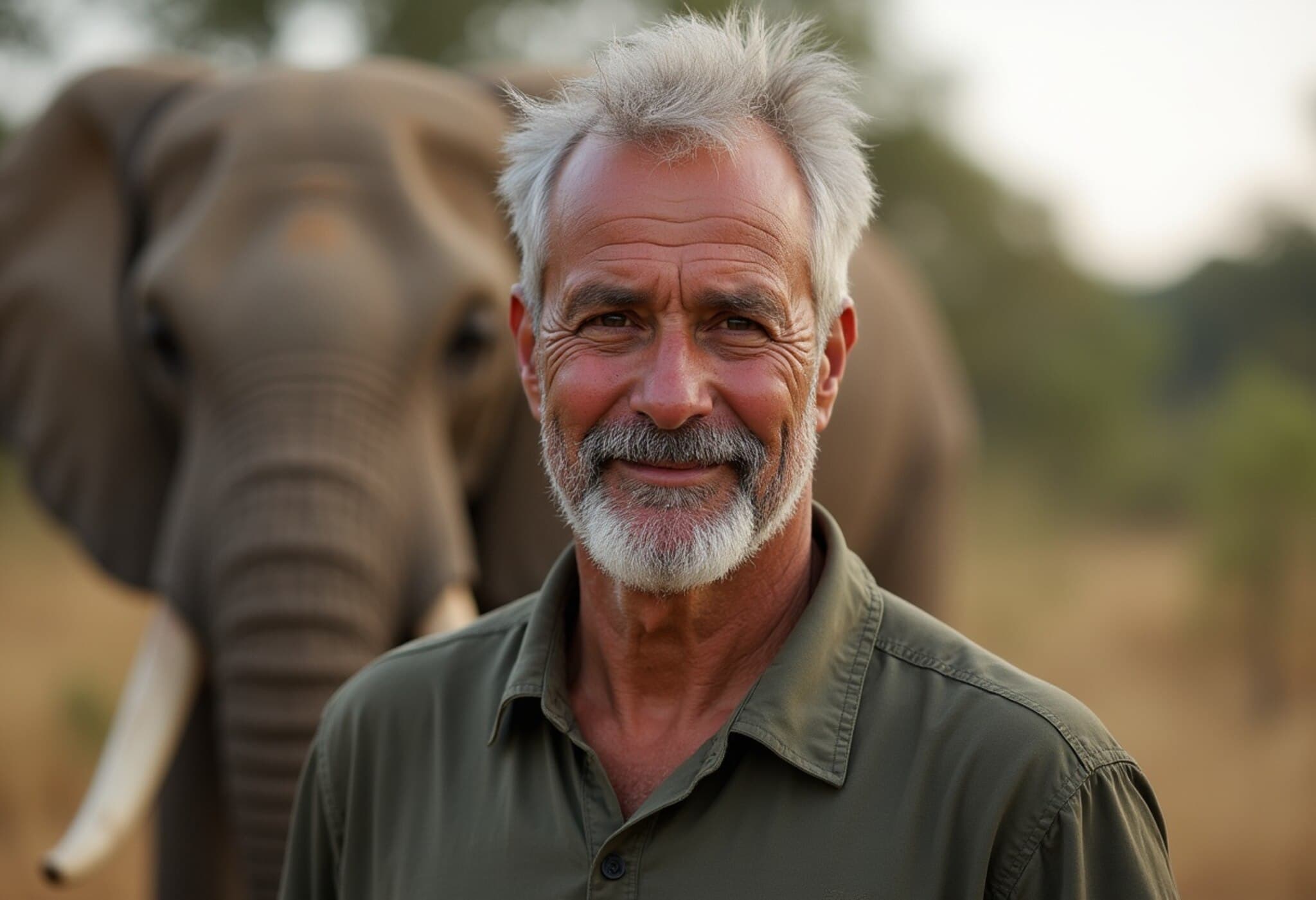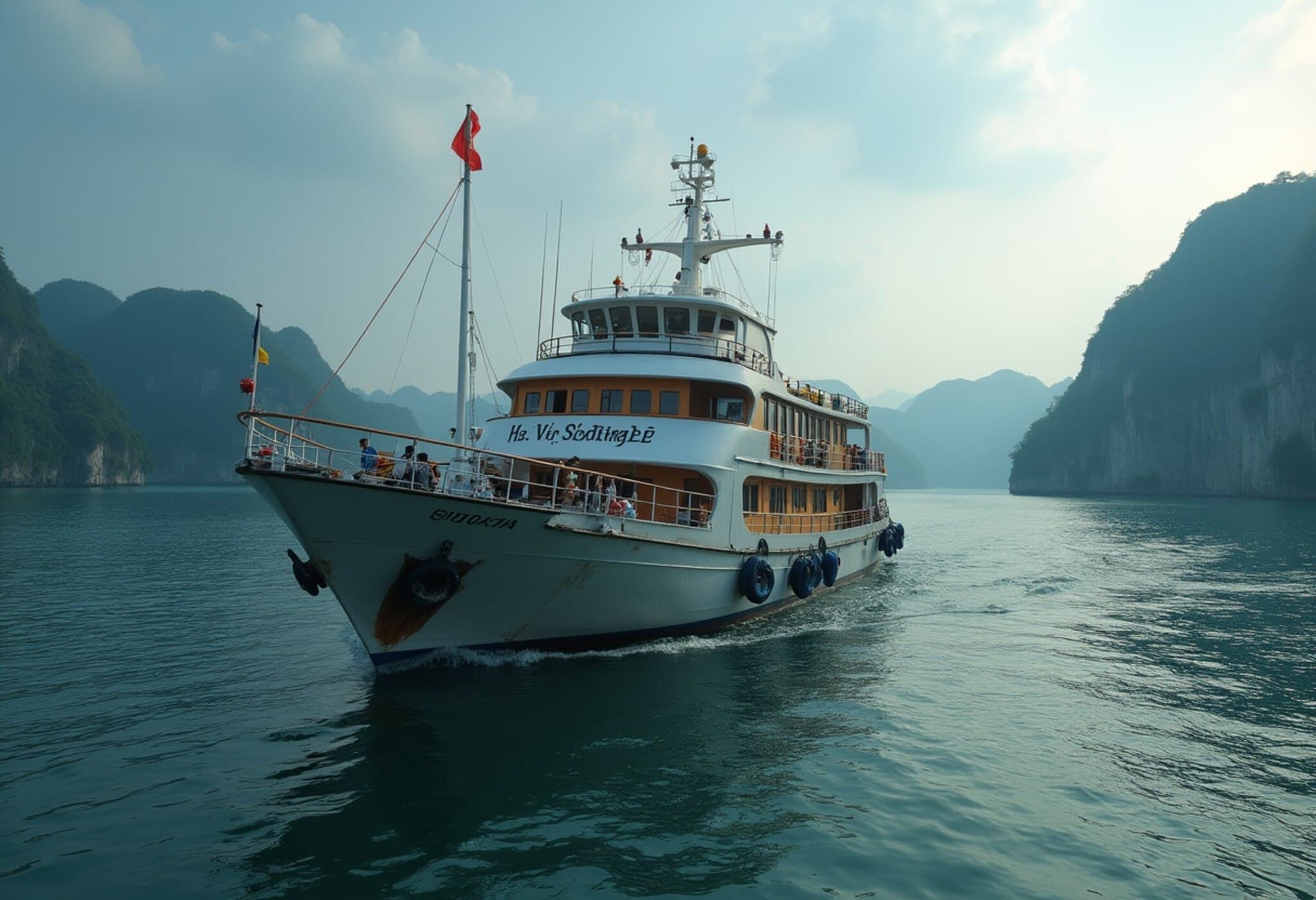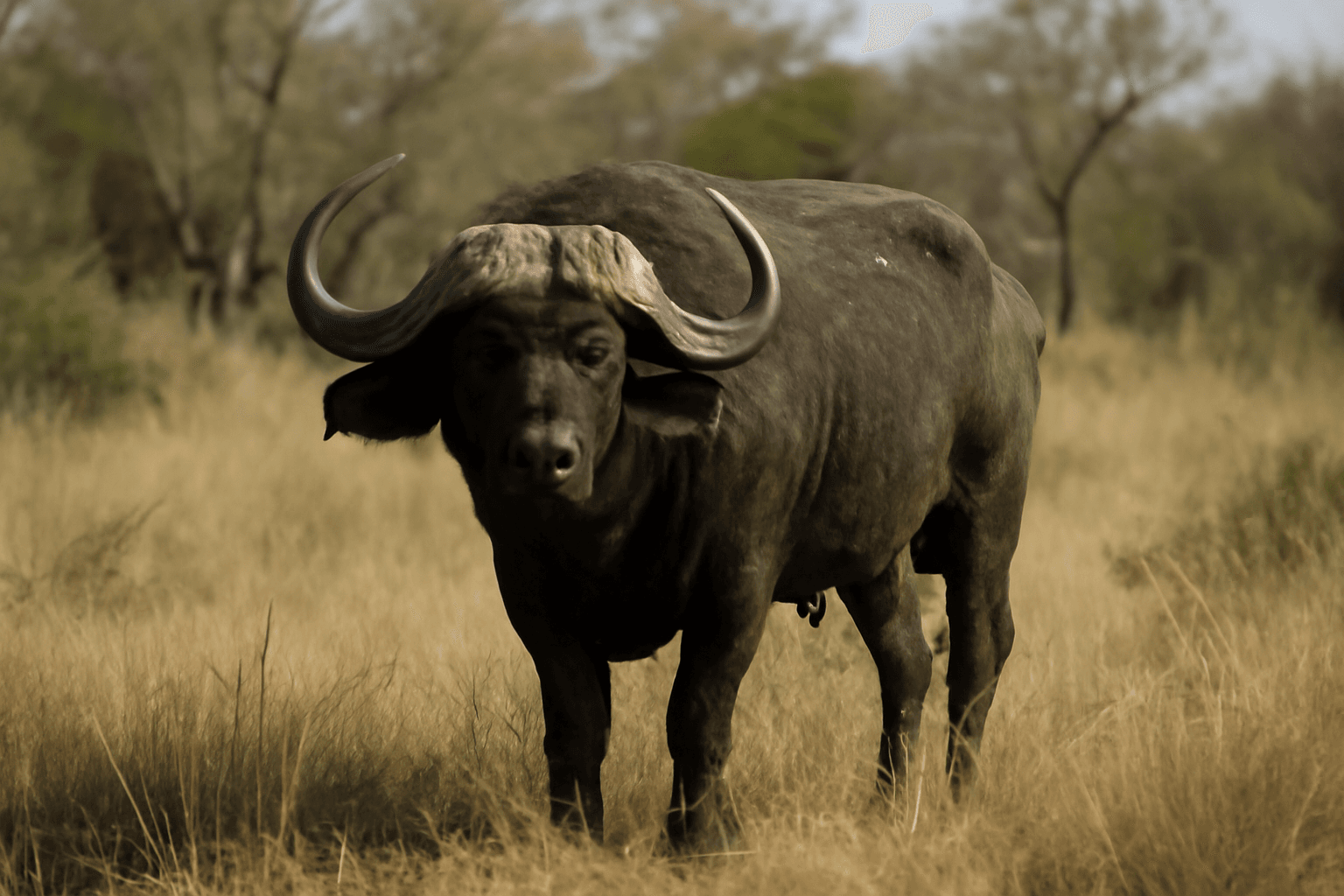Tragic Death of Safari Co-owner Highlights Risks of Wildlife Management
The close-knit community of South Africa's luxury wildlife tourism has been shaken by the tragic loss of Francois Christiaan ‘FC’ Conradie, co-owner and CEO of the renowned Gondwana Private Game Reserve. On July 22, Conradie, aged 39, was fatally attacked by a bull elephant while attempting to guide a herd away from lodges bustling with wealthy tourists and celebrities.
Elephant Attack Amidst High-End Safari Operations
The incident occurred around 8 a.m. at Gondwana Private Game Reserve, a sprawling 27,000-acre sanctuary near Mossel Bay, Western Cape. This five-star reserve, known for £900-a-night lodges, draws international visitors seeking an immersive African safari experience fused with luxury.
Conradie was working closely with the elephants, a species he knew intimately through his academic background—holding honours degrees in zoology, animal studies, commerce, and marketing. Witnesses reported that the six-ton bull elephant charged suddenly, mauling Conradie with its tusks before trampling him repeatedly. Despite the presence of rangers, the attack was unstoppable.
A Family Man and Wildlife Advocate
Beyond his professional achievements, Conradie was a devoted husband to his wife La-ida, 33, and father to three young boys. The family resides in Stellenbosch, where La-ida works for a global accounting firm. Inside the reserve, Conradie was known as a compassionate leader who built a foundation of trust not just with staff but also with the elephants themselves—often photographing the animals he cared for deeply.
Recurrent Tragedy Raises Safety and Management Concerns
This heartbreaking event echoes a similarly fatal attack in March 2024, when ranger David Kandela was killed in almost identical circumstances by an elephant from the same herd. Kandela’s death was gruesome and marked by troubling reports of insufficient safety protocols — rangers lacked firearms and could only resort to stones to try to stop the animal.
Critics and some former employees have expressed concern about inadequate communication and support for the families of victims. Kandela’s widow and son reportedly received no official compensation or counseling, compounding their trauma. Following Conradie’s death, a staff member disclosed a strict gag order, fearing reprisal for speaking out.
Broader Context: Elephant Encounters and Tourism Risks in Africa
Fatal encounters with elephants are, unfortunately, an ongoing challenge in southern Africa’s safari industry. In the last year alone, several deaths—both tourists and rangers—have been attributed to elephant attacks. Notably, earlier this month, a British couple visiting Zambia’s South Luangwa National Park was killed by a protective female elephant despite efforts by guides to intervene.
African bull elephants, standing up to 13 feet tall and weighing as much as six tons, can reach speeds of 25 mph. These majestic creatures are responsible for an estimated 500 deaths across the continent annually. Such statistics underscore the complexity of balancing human-wildlife interaction, especially in high-stakes environments like luxury game reserves.
Official Response and Investigation Underway
The reserve’s management has released a brief statement mourning Conradie’s passing, describing it as a “tragic incident” that has deeply affected the community. The South African police have confirmed an official inquest has been opened to investigate the circumstances surrounding the death.
Expert Insight: Navigating the Human-Wildlife Interface
Experts in wildlife conservation emphasize the need for enhanced safety protocols, especially in private reserves where tourists and staff frequently interact with potentially dangerous animals. Dr. Naledi Mokoena, a South African wildlife policy analyst, notes, “Managing the delicate balance between tourism revenue and safety is critical. Incidents like these remind us to continuously evaluate training, emergency response capabilities, and ethical approaches to human-wildlife coexistence.”
The recurring attacks by elephants believed to be from the same herd raise pressing questions about animal behavior, habituation, and stress factors influencing aggression. Effective management strategies may require a more nuanced understanding of elephant social structures and territorial triggers.
Looking Ahead: The Future of Safari Tourism Amid Safety Challenges
Luxury safari experiences continue to captivate global travelers seeking connection with the wild, but incidents such as the death of FC Conradie starkly illustrate the inherent risks involved. Operators must strive to enhance safety without compromising conservation goals or visitor experience. Transparent communication and support for frontline workers and their families remain vital priorities.
Editor’s Note
The loss of a passionate conservationist and family man like FC Conradie poignantly highlights the stakes at play in Africa’s booming luxury safari industry. As private game reserves flourish, they confront complex challenges marrying high-end tourism with the unpredictability of wild animal behavior. This tragedy urges stakeholders, policymakers, and conservationists alike to revisit safety protocols, staff welfare, and the ethics of wildlife tourism — ensuring such losses do not continue to unfold in silence.
Key questions remain:
- How can private game reserves enhance emergency response capabilities and staff protection?
- What role should government regulation play in ensuring visitor and worker safety?
- How can the emotional and financial wellbeing of families affected by these tragedies be adequately supported?
- What new insights into elephant behavior may help mitigate future attacks?
Continued dialogue and comprehensive research are imperative as Africa’s wildlife and human worlds remain intrinsically intertwined.
For ongoing updates and expert analysis, stay tuned.


















